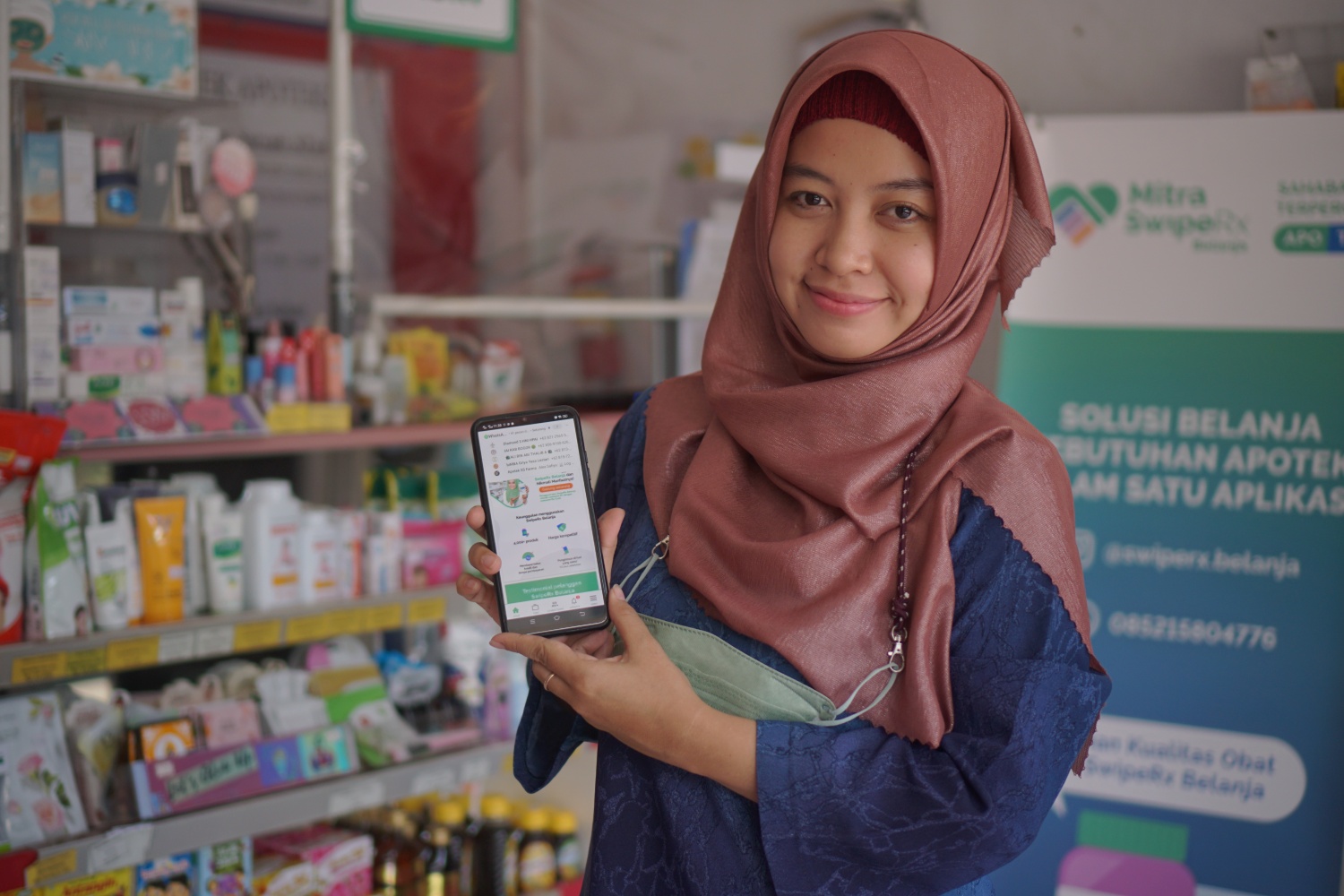AsiaTechDaily – Asia's Leading Tech and Startup Media Platform

Korean Firm Develops Simple Tester To Detect COVID 19 in 10 Minutes
A South Korean company has developed a simple tester that it said could detect if a person is infected with coronavirus disease 2019 (COVID 19) in just 10 minutes, according to local news site Media News1.
The company, PCL, a provider of in vitro diagnostic products, said its breakthrough testing kit, named COVID-19 Ag GICA Rapid, can check nasal discharge for the presence of the virus within 10 minutes with an accuracy rate of around 85 percent.
The testing can be done at home, just like a regular pregnancy test, which means it can eliminate the stigma and trauma of people who have to go to testing centers or clinics to have themselves checked if they suspect of having the virus. It also trims the risk of exposure to other people.
If the testing kit is approved, it could be the breakthrough that health authorities around the world need to contain the spread of the coronavirus.
妊娠検査薬のように自宅で新型コロナウイルスの検査ができて結果が10分でわかるキット(COVID-19 Ag GICA Rapid)を韓国PCL社が開発、承認を申請予定。精度は85%でPCRより低いが検査時間が速い。PCRとは異なりNタンパク質の有無を検査。同時に抗体(IgG, IgM)診断キットも開発。https://t.co/aYgpm7yV9p
— ゆーすけ (@yoox5135) February 26, 2020
Currently, the Korean government is using RT-PCR to check COVID 19 infection. The said process is more accurate than COVID-19 Ag GICA, but it is time-consuming – six hours before a result is known – and can only be administered in hospitals or health centers.
PCL CEO Kim So-yeon was quoted as saying that the kit was developed using antibodies from China. A user can put nasal discharge into the kit and then get the result in 10 minutes. Kim said the antigen diagnostic kit would be a complementary measure for a quick test.
“People infected with COVID 19 can spread the virus even at its earliest stage and at very mild symptoms, so the kit is a complementary test,” the company said.
The South Korean government is scrambling to contain the spread of the virus, after confirming 169 more cases on Wednesday, raising the total number of infections in the country to 1,146, and the death toll to 12.
Of the new patients, 153 were residents in Daegu, about 300 km southeast of the capital Seoul, and its surrounding North Gyeongsang province.
At least 501 cases were linked to the church services of a minor religious group, called Sincheonji, in Daegu. At their services in the south-eastern city of Daegu, members likely infected one another and then fanned out around the country, apparently undetected.
According to reports, about 200 members of the said church were holding prayer sermons in Wuhan, China, where the illness originated, until December when they noticed that people were starting to get ill with the unknown virus.
Meanwhile, analysts said the reason for the large number of confirmed patients in Korea is due to the high diagnostic ability, the democratic system, and the free press, which continues to monitor the spread of the virus.
But as cases in Daegu continues to rise, more residents are fleeing the city, seeking shelter in other countries. In the Philippines, the local government of Cebu announced that it is now looking for 25 South Koreans who arrived in the province Tuesday night from Daegu.
The Philippines has already announced a temporary travel ban to and from Daegu.
Globally, at least 80,000 people have been diagnosed with the illness. As of Wednesday morning, China had reported 78,190 cases to the World Health Organization, including 2,718 deaths and reported only 10 new cases outside of Hubei province.





